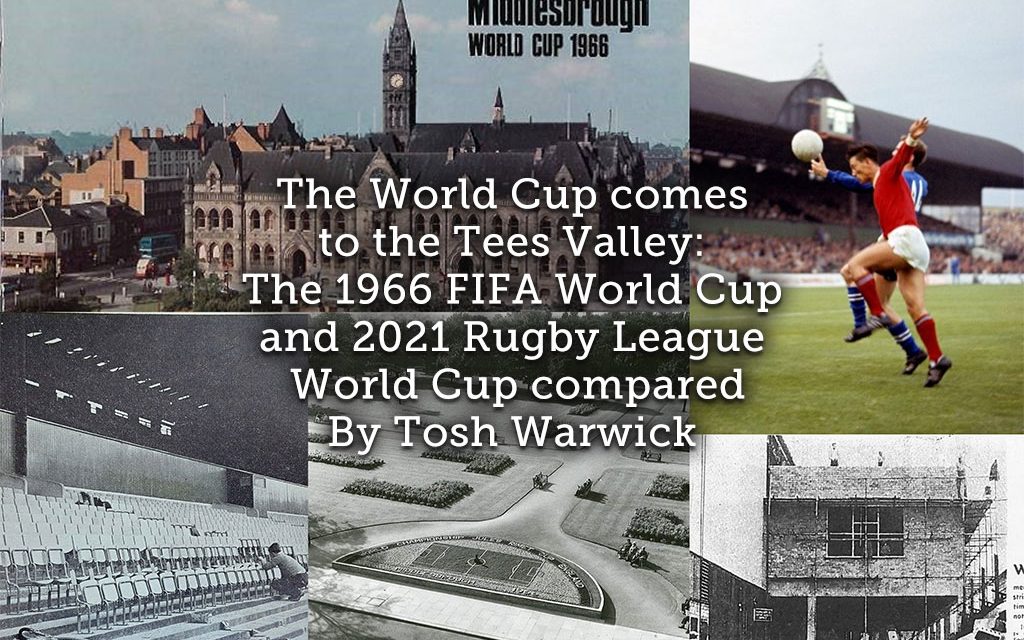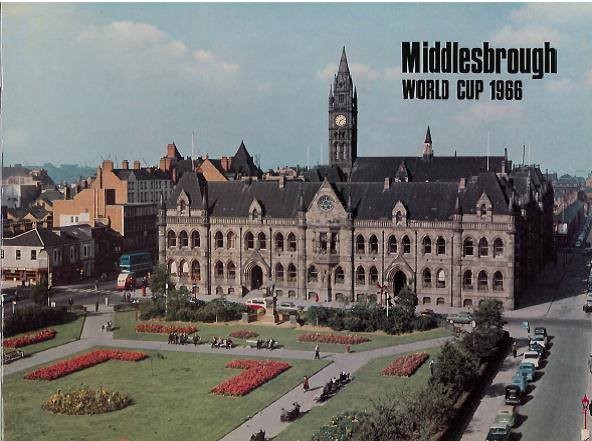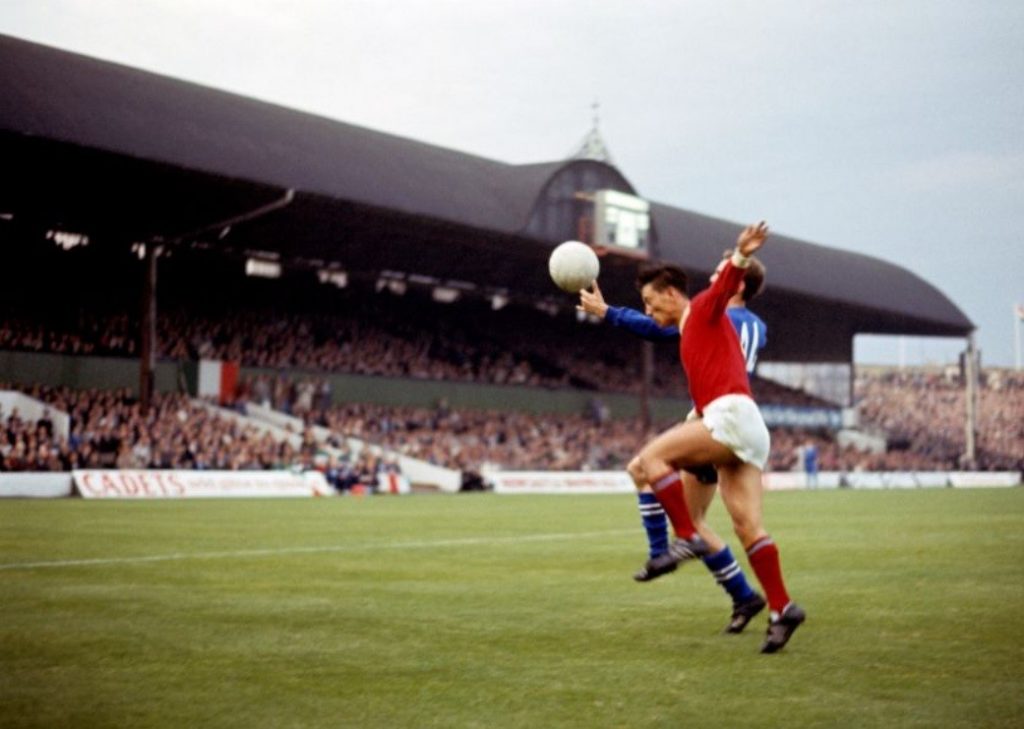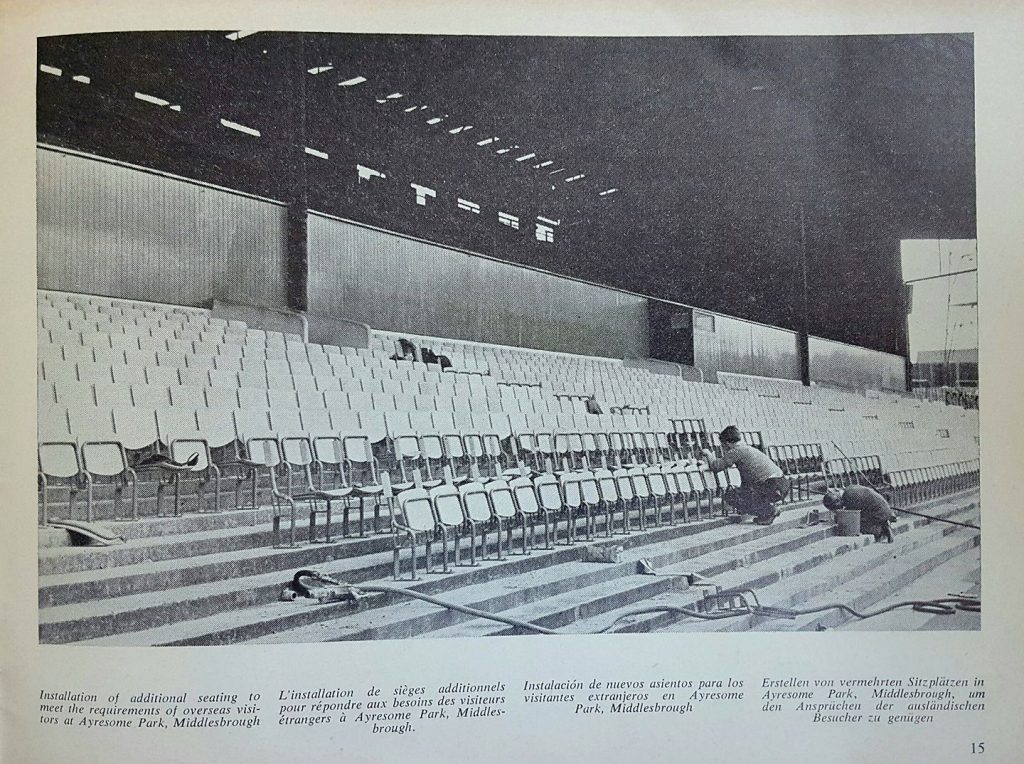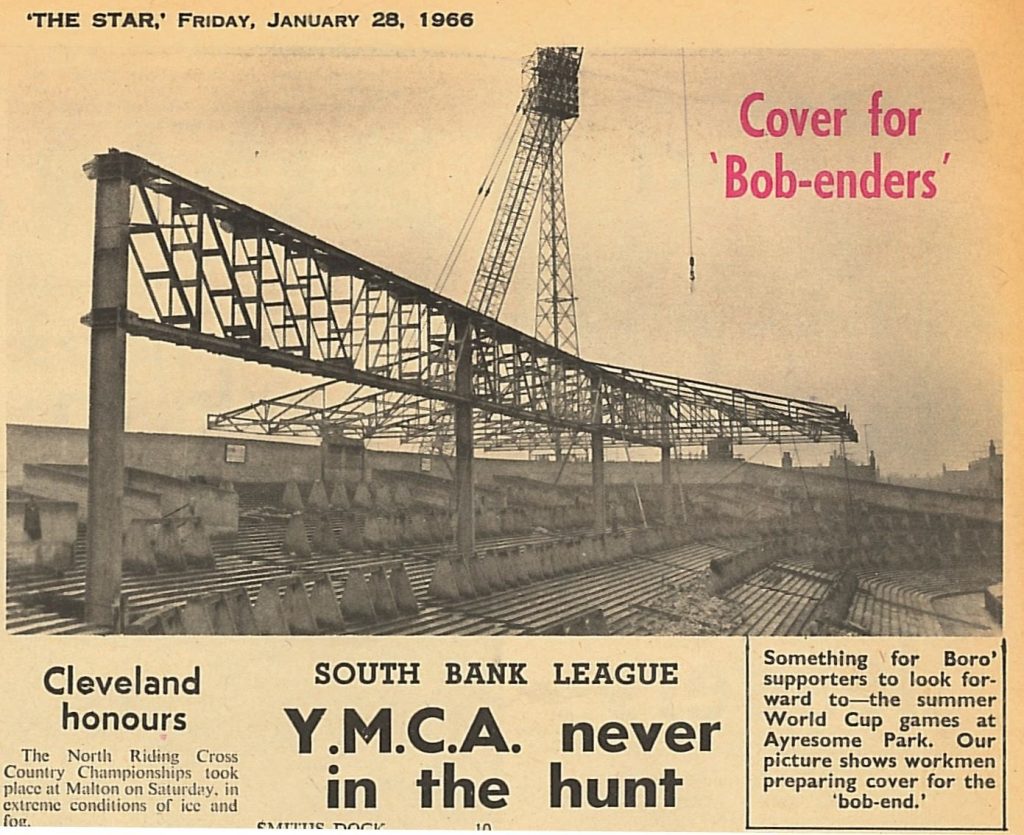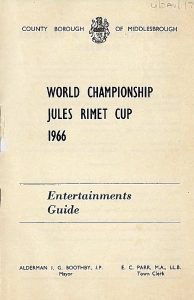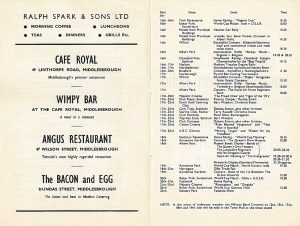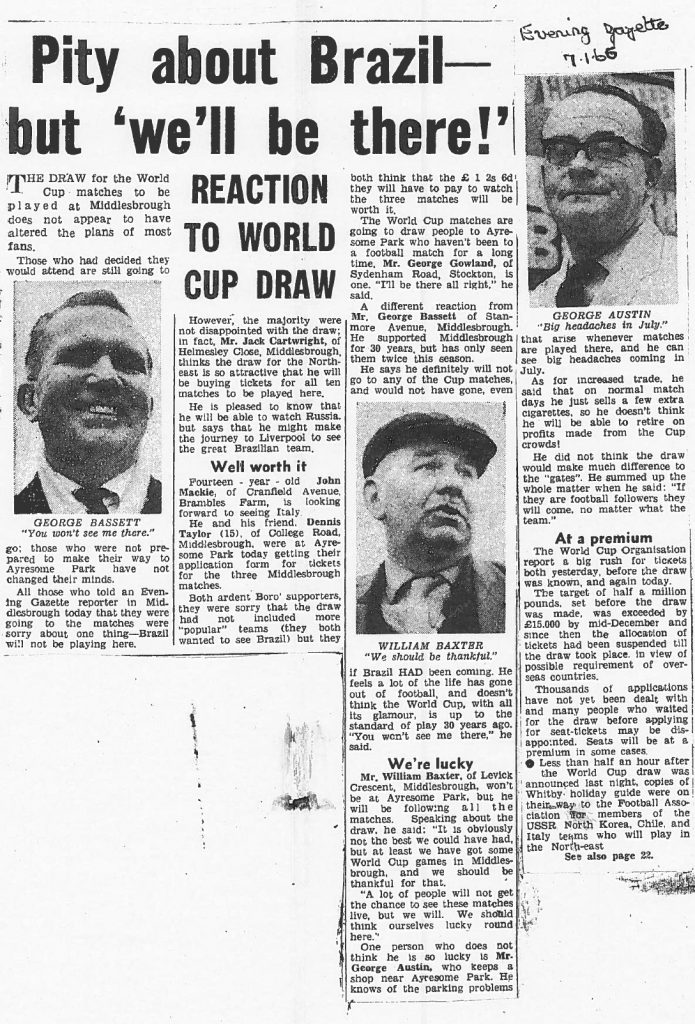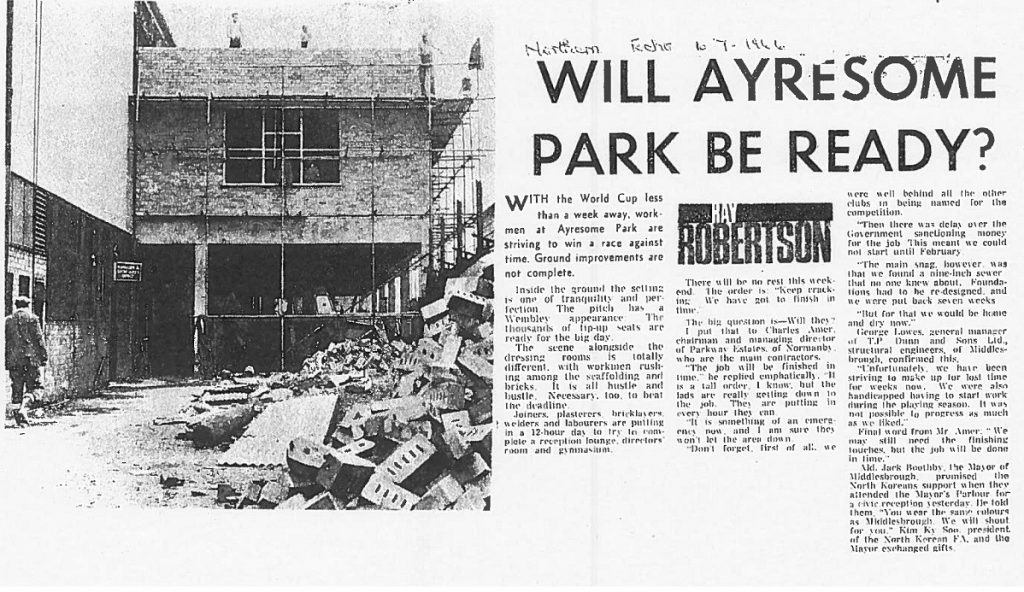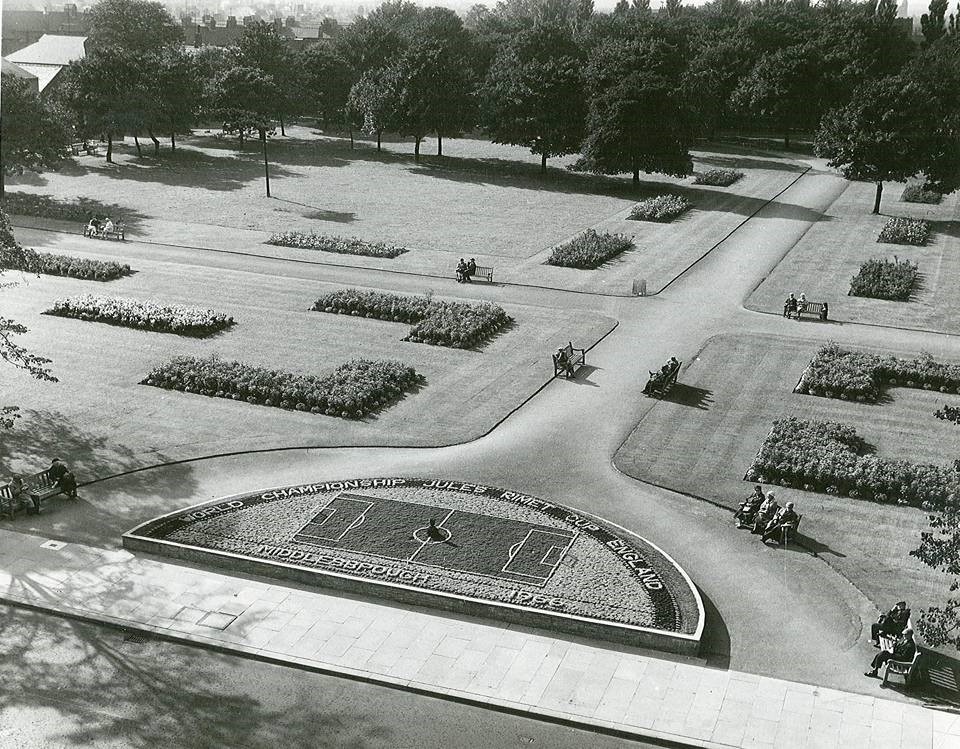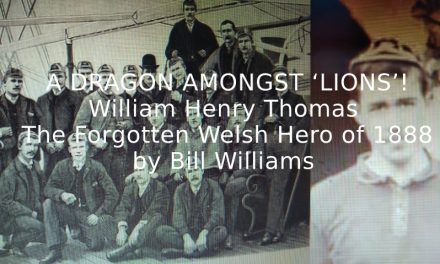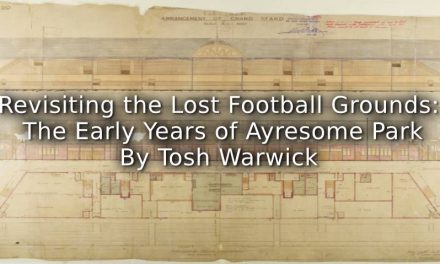At the end of January, it was revealed that the Tees Valley will play host to the 2021 Rugby League World Cup. Here historian Dr Tosh Warwick of Manchester Metropolitan University looks back at when the area last played host to a World Cup…
Following the announcement that Middlesbrough’s Riverside Stadium would be among the host venues for the 2021 Rugby League World Cup, Tees Valley Mayor Ben Houchen, too young to recall the last time a World Cup graced the area, commented: “The last time we had a World Cup match in the Tees Valley was 1966, when North Korea beat Italy at Ayresome Park. Now, 55 years later, sports fan will be able to come through the famous Ayresome Gates, this time at the Riverside, once again to watch a World Cup Game”. Mayor of Middlesbrough Dave Budd declared ‘great news for our region’s wider culture scene’, pointed to City of Culture 2025 ambitions and hailed the importance of community spirit in the tournament and area’s future success.
-
Middlesbrough World Cup 1966 Programme
(Teesside Archives)
Echoes of 1966
The comments of the two mayors echoed many of the sentiments from when the FIFA World Cup graced Ayresome Park in July 1966. The selection of Middlesbrough as a host venue to replace St James’ Park as a result of disputes between Newcastle United and the local council, brought an opportunity to showcase the area to the world. Just as the area is now adopting new mottos and promoting the Tees Valley identity, back in the 1960s the town was transitioning from its iron and steel manufacturing identity to one where Middlesbrough would be the business and retail centre of the new-fangled “Teesside”. Just as Dave Budd has pointed to the community element of the 2021 element, the Mayor of Middlesbrough Alderman Jack Boothby in 1966, according to Dave Russell’s Looking North, told the Evening Gazette in July of that year that the area’s involvement meant local people ‘now feel that they are part of the country’. Undoubtedly, 2021 provides another opportunity for Middlesbrough to enjoy national profile.
-
North Korea v Italy at Ayresome Park
(Middlesbrough FC)
- FA & FA, ‘World Cup Bulletin’, no.5, February 1966
Entertainment and economics
A copy of the ‘County Borough of Middlesbrough’s Entertainments Guide’ for the Jules Rimet 1966 tournament, held in the collections of Teesside Archives, reveals numerous events promoting the latest leisure offerings in 1960s Teesside. Visitors could enjoy the Majestic Cinema’s screenings, see Bert Weedon perform at the South Bank Sporting Club, inspect a veteran car rally at Middlesbrough Town Hall, be entertained by Tommy Cooper and could have ventured to Stewart Park for the Teesside Show, the predecessor to the Cleveland Show.
-
World Cup preparations at Ayresome Park’s Bob End
(Teesside Archives)
Yet, as Kevin Tennant and his co-author and Middlesbrough fan Alex Gillett have noted in their excellent book Foundations of Managing Sporting Events: Organizing the 1966 FIFA World Cup, the economic benefits for the provincial areas were limited in 1966. Limited quality hotel capacity and the draw of the bright lights of London meant many supporters made visits to stadia and either headed back to the capital or spent only a short time in the other host centres. This time there are more attractions and improved infrastructure to help draw people to the Tees Valley and encourage a more prolonged visit. New hotel accommodation, art galleries, enhanced heritage visitor offerings including the Tees Transporter Bridge and the newly renovated Middlesbrough Town Hall, as well as initiatives such as the Orange Pip Market on Baker and Bedford Streets, it is hoped will help bring an estimated £8m economic boost to the local economy.
-
1966 World Cup Entertainment Guide
(Teesside Archives)
-
Some of the entertainment and food offerings promoted in 1966
(Teesside Archives)
Unknown heroes on Teesside
Of course, Middlesbrough does not have a strong Rugby League tradition, with football the dominant sport of the area since its very early days. Although the selection of the area ahead of Rugby League heartlands such as Wigan came as a surprise to some and might not capture the imagine of those who don’t follow the game, surprisingly the FIFA World Cup in 1966 was met with a lukewarm response in some quarters. The Evening Gazette in January 1966 featured interviews with locals deciding not to go because ‘a lot of the life has gone out of football’ and others fearing parking problems around Ayresome Park – which The Northern Echo reported faced a race against time to be ready for the tournament.
-
The Gazette reporting on mixed emotions in the World Cup lead up
(Middlesbrough Libraries)
Despite some pessimism, that tournament left some important legacies for the area, none more so than the incredible story of North Korea’s victory over Italy. Few locals of North Ormesby knew little of North Korea on their arrival yet the players left with a special place in the area’s hearts. The Rugby League World Cup might again bring unknown international sports stars to the region and could do worse than to replicate the example of 1966 and create bonds between Tonga and Teesville and see the heroes of Papua New Guinea become famous in Park End and celebrated like North Korea’s Pak Do Ik. As one supporter told a Gazette reporter in 1966 ‘we should think ourselves lucky round here’. Now, 2021 provides another opportunity to sample world-class sport and the trappings of an international spectacle in the Tees Valley.
-
Will Ayresome Park be ready
(Northern Echo)
-
Ayresome Gardens in 1966
(Middlesbrough Libraries)

